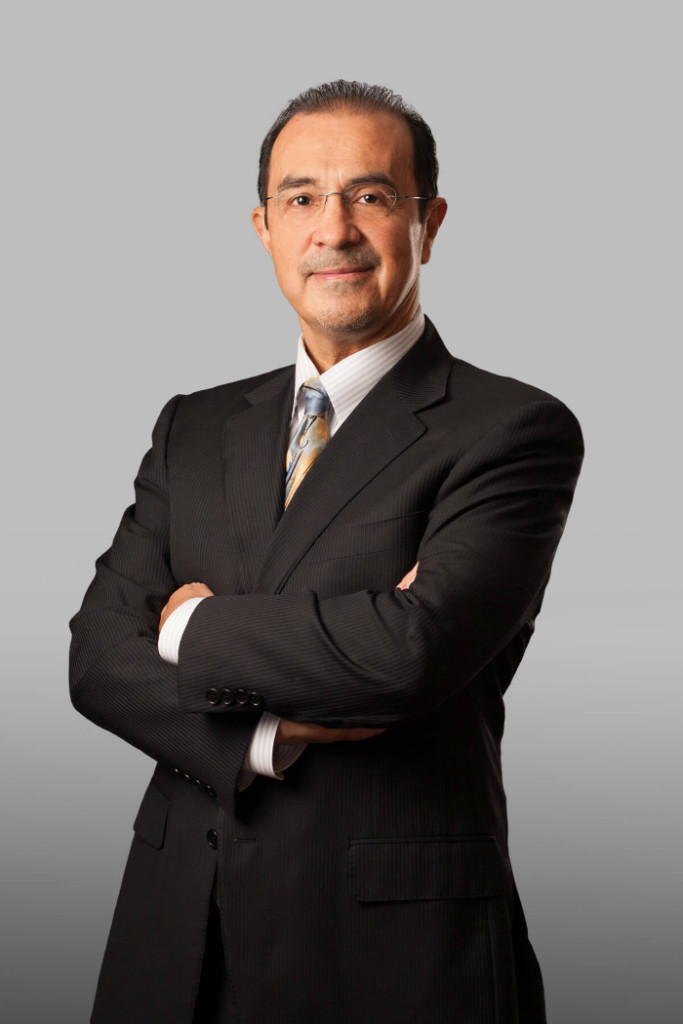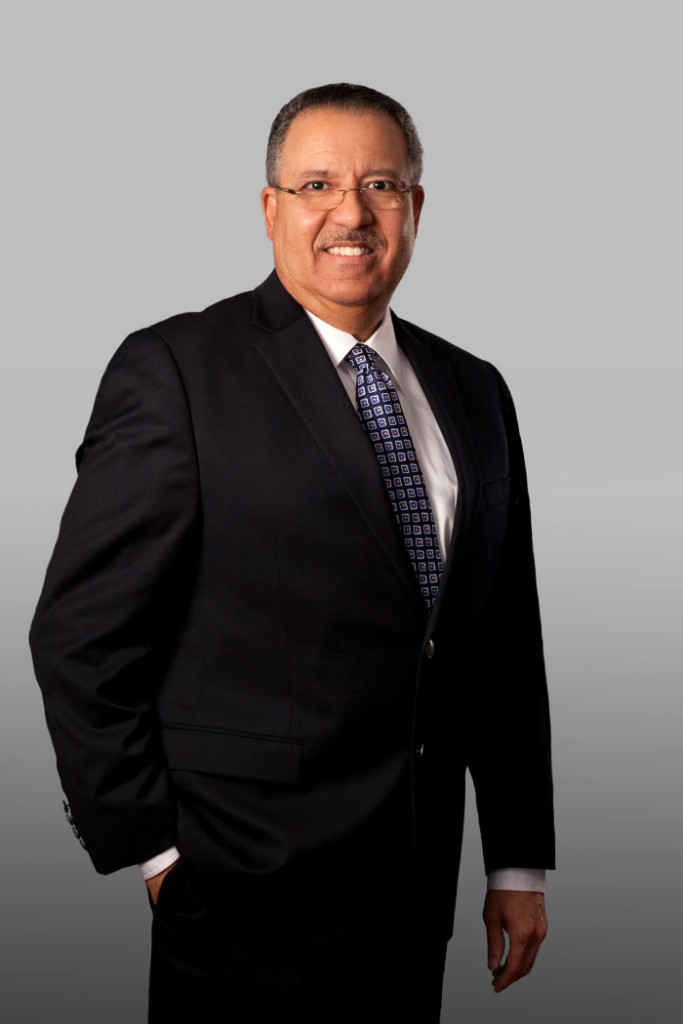D.C. Cataracts Clinic
Take comfort in knowing that cataracts do not need to be forever. As one of the most revolutionary procedures ever developed in the optical care world, cataract removal surgery can restore the clear vision you miss. With the blurry vision caused by cataracts, normal activities are filled with difficulty and dread. Take your life back and keep your vision problems at bay.
Change how you see the world without prescription glasses for both reading and distance after cataract surgery. We offer high-quality cataract surgery in Washington, DC, and the surrounding areas.
![]()






